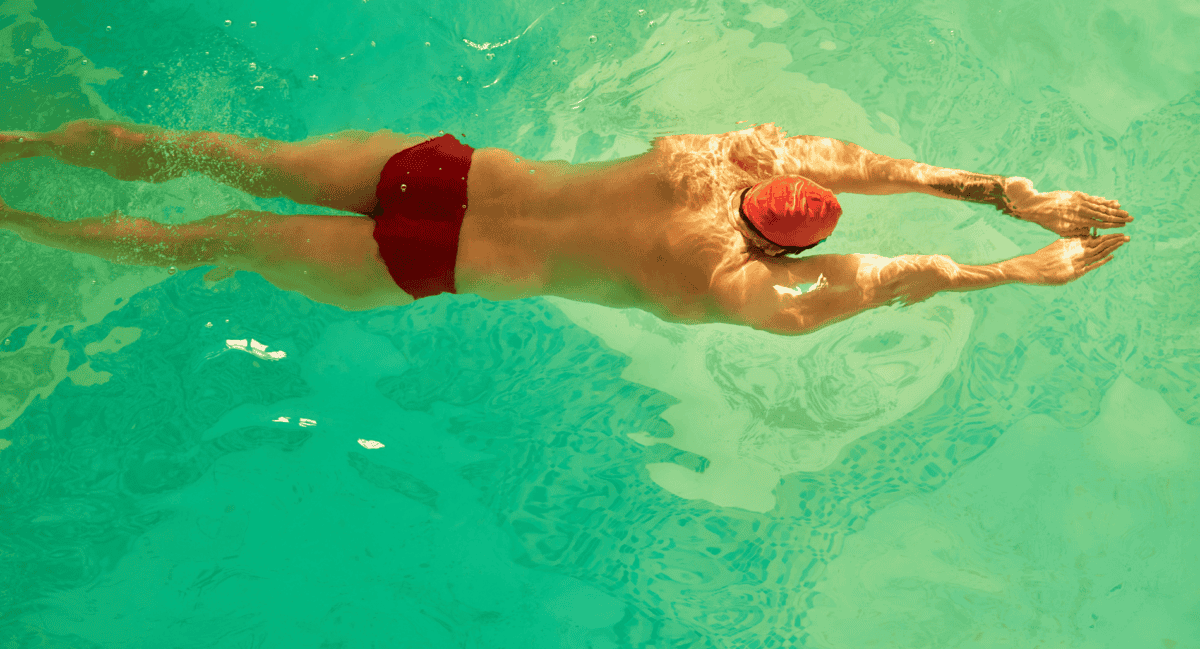- Are Cochlear Implants Worth It? - June 6, 2025
- Tips for Using Hearing Aids in Different Environments - May 27, 2025
- Rechargeable Hearing Aids vs. Battery-operated Hearing Aids - May 16, 2025
Summer is a time for outdoor activities and sports, providing an excellent opportunity to stay active and enjoy the sunshine. However, it’s important to be aware of how certain summer sports can impact our hearing health. Whether it’s swimming, cycling, or playing team sports, these activities can expose our ears to potential risks. Let’s take a look at different summer sports and discuss the importance of protecting your hearing while participating in these activities.
Swimming and Water Sports
Swimming is a popular summer activity that provides a refreshing escape from the heat. While it’s a great form of exercise, prolonged exposure to water can impact our ears. Water in the ear canal can lead to swimmer’s ear, an infection caused by bacteria growing in the moist environment.
Whether you swim in an indoor pool or a river or lake, it’s important to dry your ears thoroughly after swimming. This can help reduce excessive water exposure and decrease the risk of developing swimmer’s ear. You can also wear swim earplugs or a swim cap to keep your ears dry when you’re in the water.
For those who enjoy water sports like jet skiing or wakeboarding, remember that the loud noise generated by these activities can also damage your hearing. Wearing earplugs or custom-made swimmer’s earplugs to protect your ears from excessive noise exposure.
Cycling and Outdoor Activities
Cycling and other outdoor activities like hiking and skateboarding are excellent ways to enjoy the summer weather. However, these sports can expose our ears to loud background noises such as traffic or wind. Prolonged exposure to loud noises can lead to hearing damage over time.
To safeguard your hearing, wearing ear protection like earmuffs or earplugs can help reduce the impact of external noise. It’s important to choose ear protection that allows you to hear essential sounds for your safety, such as approaching vehicles or fellow cyclists on the road.
Team Sports and Loud Environments
Summer often brings opportunities for team sports such as soccer, baseball, or basketball. These sports can involve cheering crowds, loud music, or the use of whistles, all of which contribute to increased noise levels. Consistent exposure to high noise levels can negatively impact hearing health, leading to noise-induced hearing loss.
If you’re participating in team sports or attending games as a spectator, consider wearing ear protection. Foam earplugs or earmuffs can help reduce the impact of loud noises, allowing you to enjoy the sport while safeguarding your hearing. You can also invest in custom ear protection that’s custom molded to fit your ears. These provide the best comfort and protection.
Beach Activities and Concerts
Spending time at the beach during summer is a popular pastime for many. However, it’s important to be aware of the potential risks to your hearing health while enjoying beach activities and attending outdoor concerts. The combination of loud music, roaring waves, and beachside bonfires can lead to excessive noise exposure.
Wearing ear protection, such as foam earplugs or noise-canceling headphones, can help reduce the impact of loud noises. It’s also a good idea to take breaks from noisy environments and give your ears a rest during prolonged exposure to loud music or sounds.
Tips for Protecting Your Ears During Summer Sports
Here are a few ways you can protect your ears this summer:
- Use ear protection: Whether it’s foam earplugs, earmuffs, or custom-made earplugs, always use appropriate ear protection to reduce the risk of hearing damage.
- Stay hydrated: Staying hydrated helps maintain overall health, including the health of your ears. Proper hydration can prevent complications like ear infections.
- Take breaks: Give your ears occasional breaks from prolonged exposure to loud sports environments or noisy activities.
- Dry your ears: After swimming or water sports, make sure to dry your ears thoroughly to prevent water-related infections.
- Stay informed: Educate yourself about the potential risks associated with different sports and take necessary precautions to protect your hearing.
- Get regular hearing checkups: Regular hearing checkups with a hearing healthcare professional can help identify any early signs of hearing damage and provide appropriate interventions.
Visit us To Learn More
To find out more about your overall hearing health or explore custom hearing protection, visit us today!

